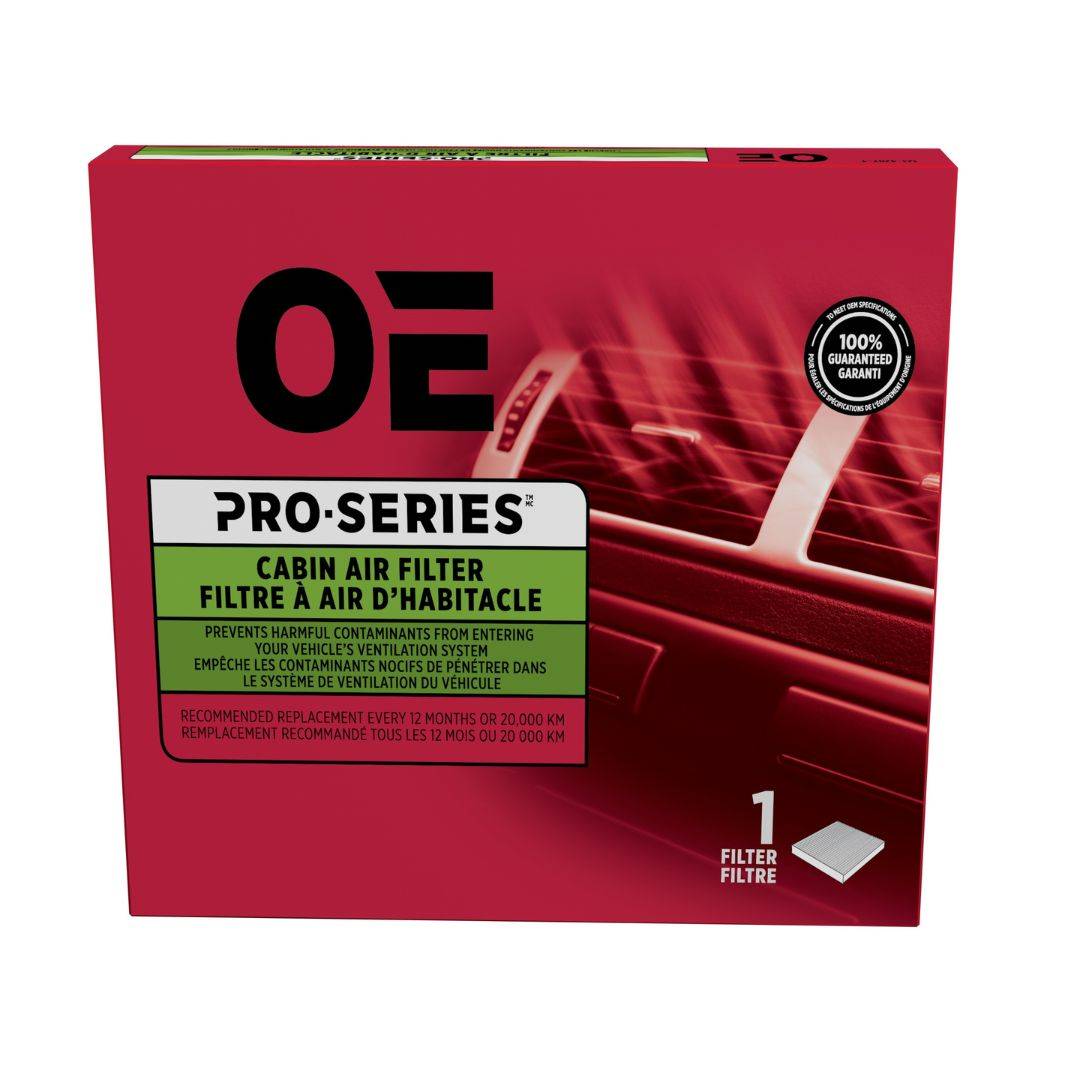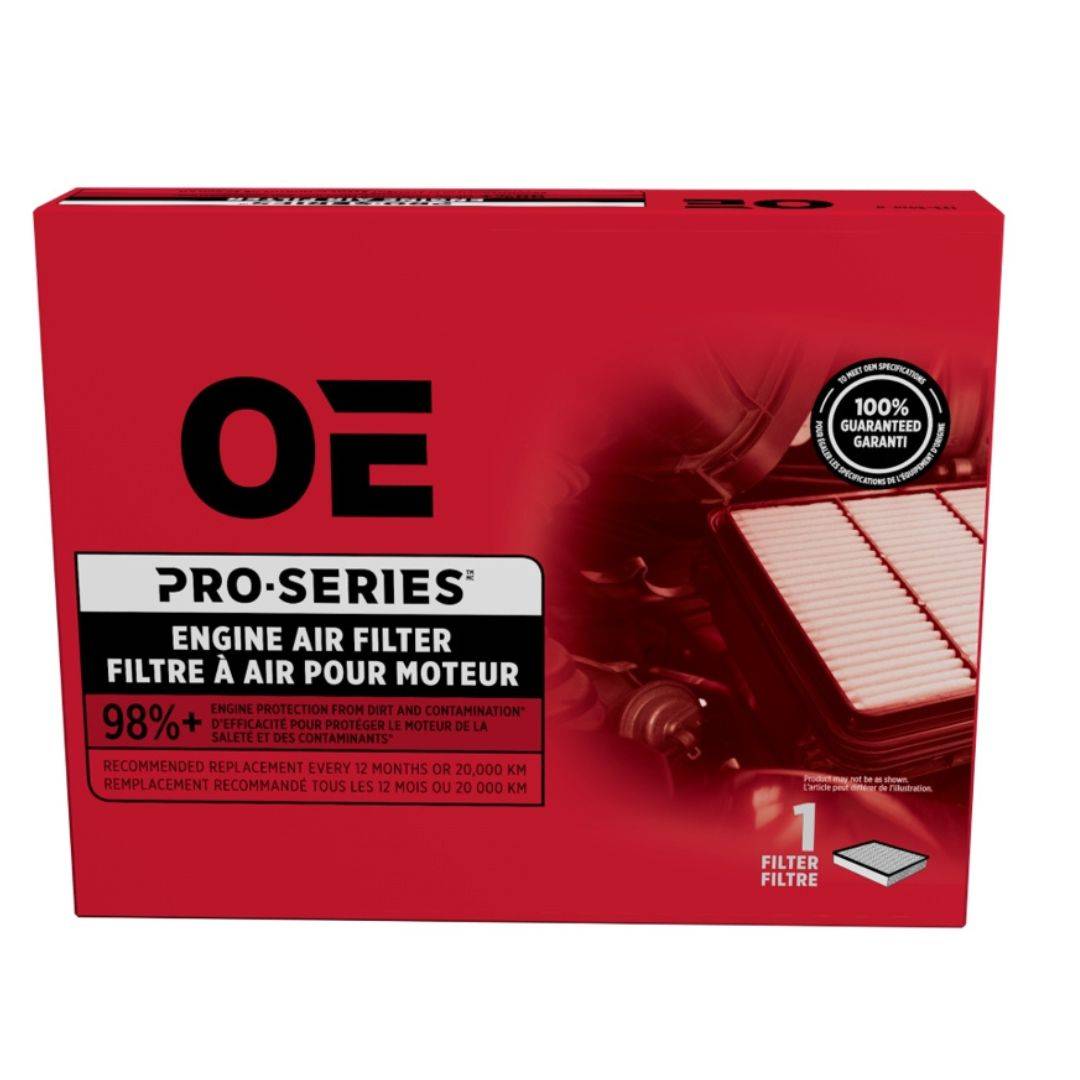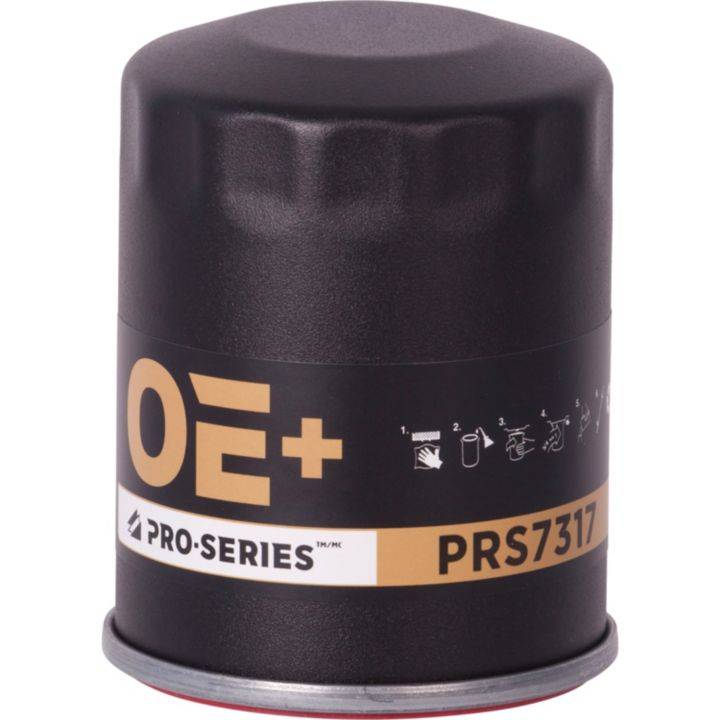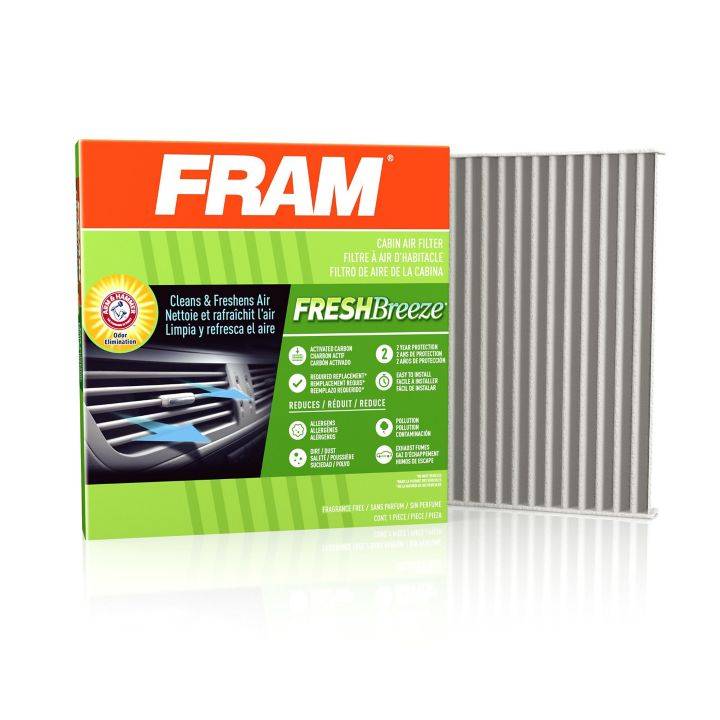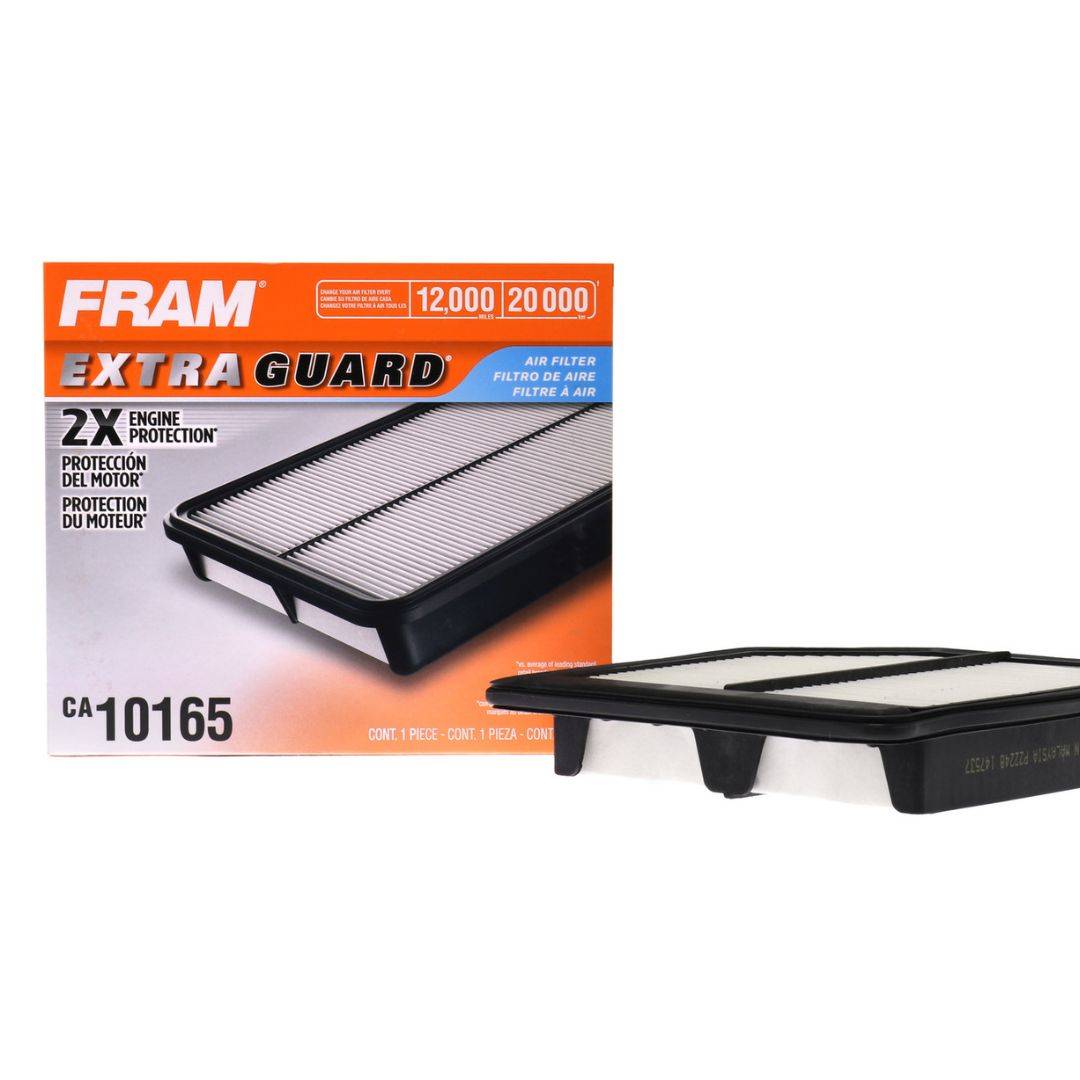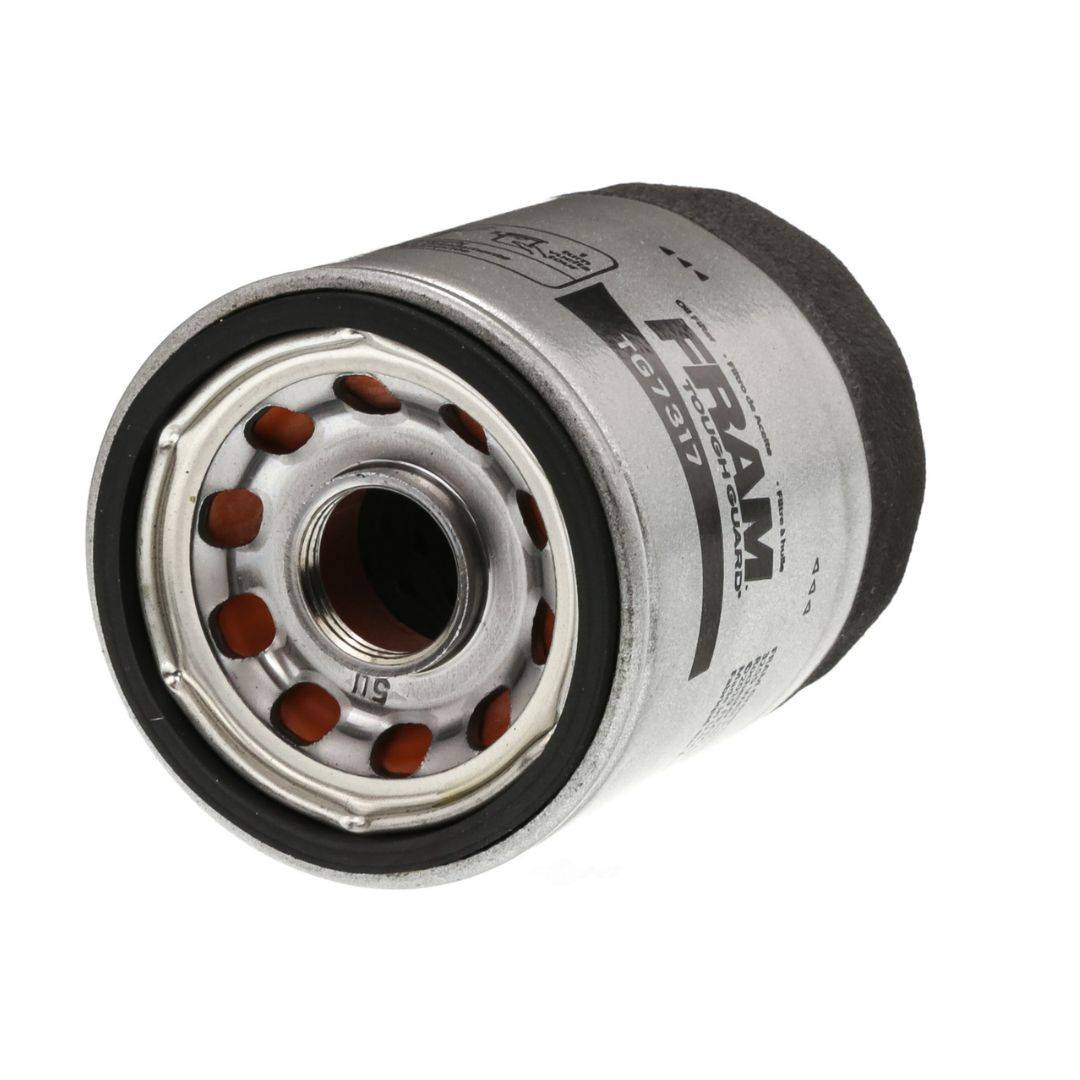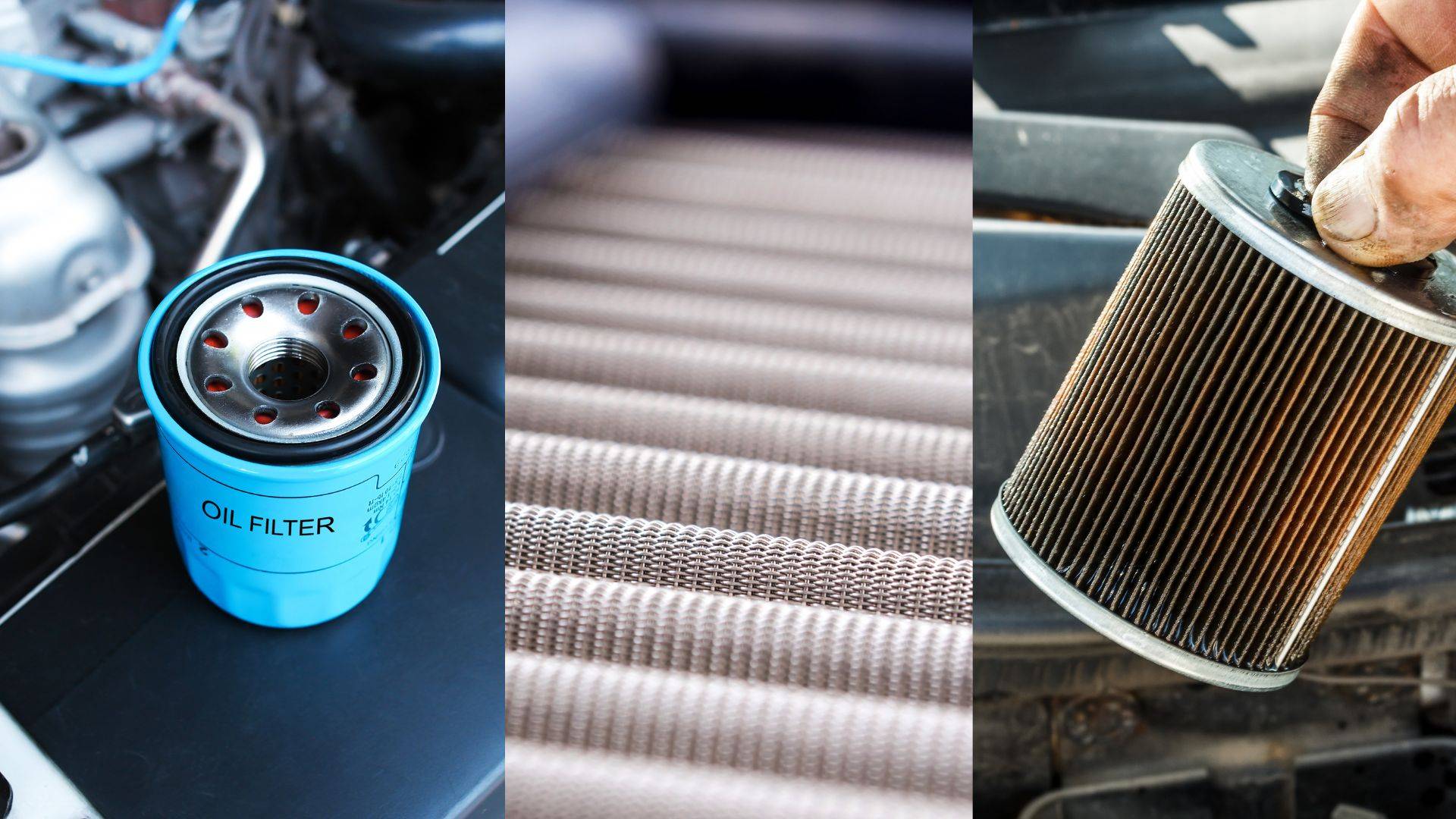
Filtration in Vehicles: Understanding Air, Oil, and Fuel Filters
Filtration plays a crucial role in maintaining the performance and longevity of a vehicle's engine. Air filters, oil filters, and fuel filters are essential components that remove contaminants and impurities from their respective systems. In this article, we'll explore the significance of filtration in vehicles and delve into the functions and importance of air, oil, and fuel filters.
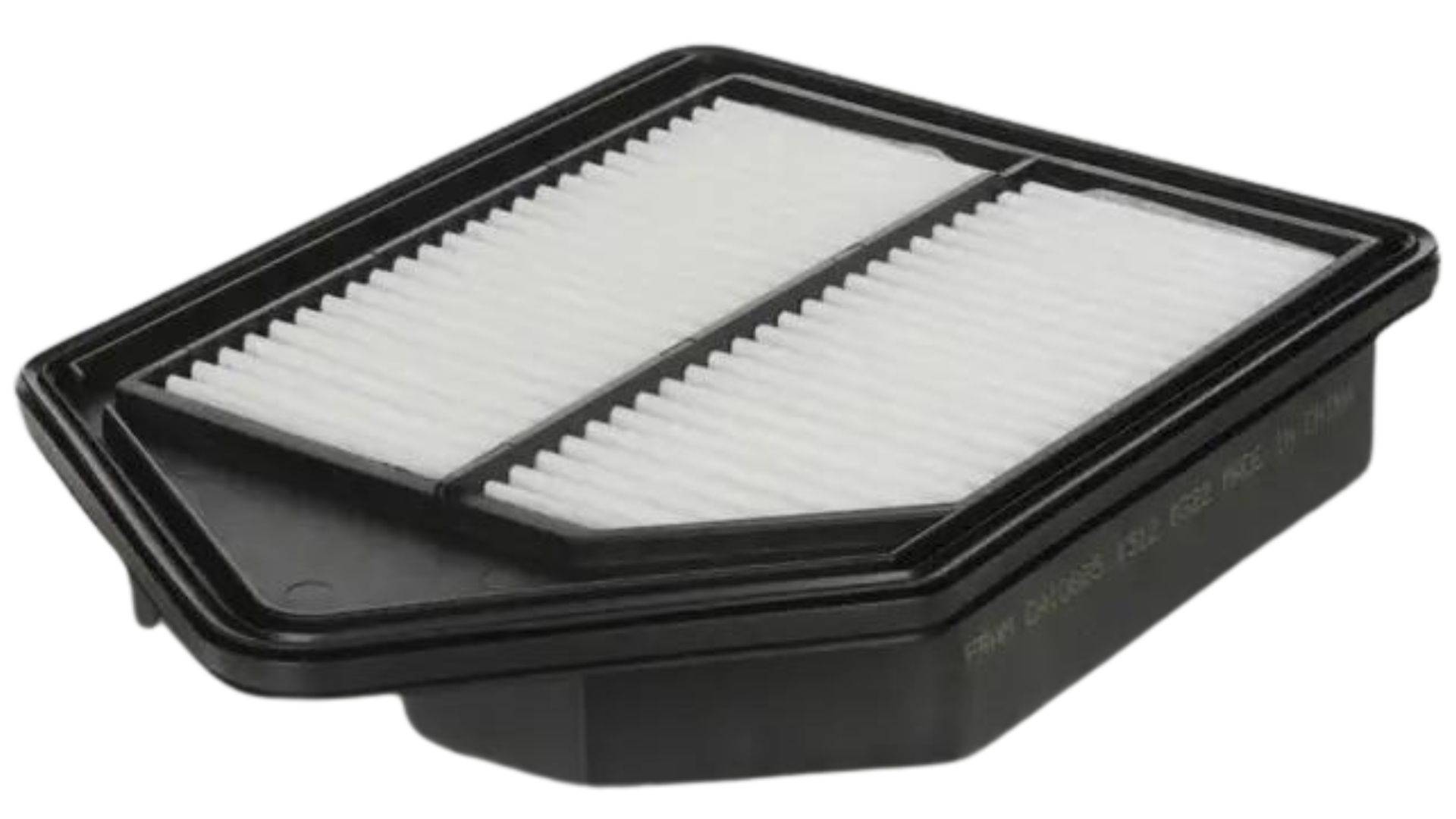
Air Filters: Air filters are responsible for cleaning the air that enters the engine's combustion chamber. They prevent dust, dirt, pollen, and other particles from reaching sensitive engine components. Here's why air filters are important:
• Protection: Air filters safeguard the engine by preventing abrasive particles from entering the cylinders and causing premature wear.
• Performance: Clean air is vital for optimal combustion, ensuring efficient fuel consumption, power output, and overall engine performance.
• Fuel Economy: A clogged or dirty air filter restricts airflow, leading to a rich fuel mixture and decreased fuel efficiency.
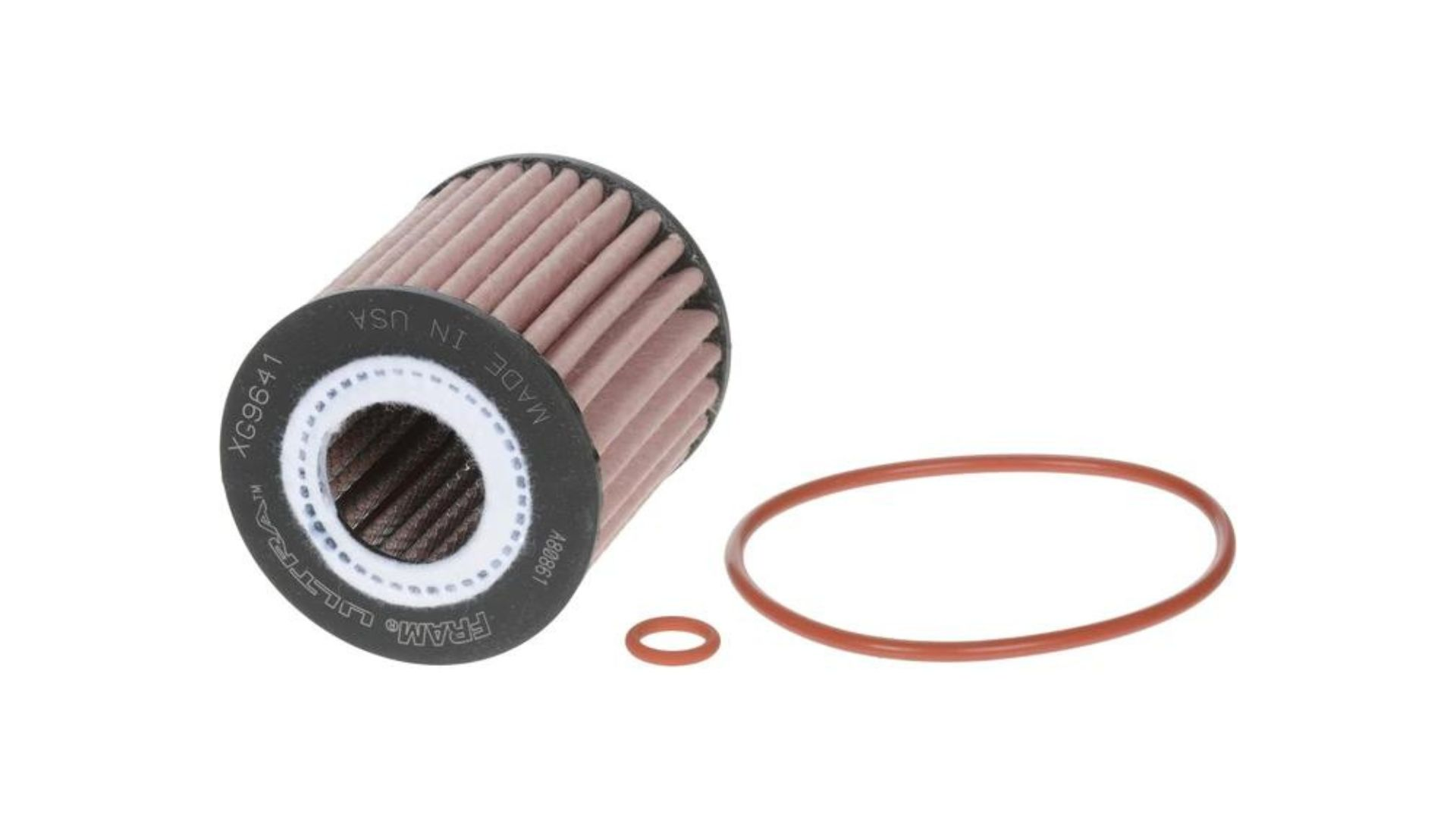
Oil Filters:
Oil filters are designed to remove contaminants from engine oil as it circulates through the system. They capture particles such as metal shavings, dirt, and sludge to prevent damage to engine components. Key reasons for using oil filters include:
• Lubrication: Clean oil reduces friction between moving parts, minimizing wear and extending engine life.
• Heat Dissipation: Oil carries heat away from critical engine components. Effective filtration helps maintain optimal operating temperatures.
• Contaminant Removal: By capturing impurities, oil filters prevent them from circulating throughout the engine and causing damage or blockages.
Fuel Filters:
Fuel filters are responsible for removing impurities from the gasoline or diesel before it reaches the engine. They protect injectors or carburetors from clogging and help maintain proper fuel flow. The benefits of fuel filters include:
• Injector Protection: By capturing debris or sediment, fuel filters prevent injectors from becoming clogged or damaged.
• Engine Performance: Clean fuel ensures efficient combustion, helping maintain power output and smooth operation.
• Longevity: Fuel filters contribute to the longevity of fuel pumps by preventing contaminants from reaching them.
Maintenance Recommendations:
To ensure effective filtration and optimal engine performance, follow these maintenance recommendations:
• Regular Inspection: Check your vehicle's air filter, oil filter, and fuel filter regularly according to the manufacturer's recommended intervals.
• Replacement: Replace filters when they become dirty or clogged. Consult your vehicle's manual or seek professional advice for specific replacement intervals.
• Quality Filters: Use high-quality OEM (Original Equipment Manufacturer) or reputable aftermarket filters to ensure proper fitment and filtration efficiency.
Filtration is a critical aspect of maintaining a healthy engine in any vehicle. Air filters, oil filters, and fuel filters play vital roles in protecting various systems from contaminants that can cause damage or reduce performance. Regular inspection and timely replacement of these filters are essential for optimal engine function.
By prioritizing filtration maintenance and using quality filters appropriate for your vehicle's make and model, you can ensure clean air intake, efficient lubrication, and reliable fuel delivery. This will help extend your engine's lifespan while maintaining performance and fuel efficiency.
PartSource has you covered with a variety of air, oil and fuel filters for multiple car models. You can find the selection below:
 Loading . . .
Loading . . .


